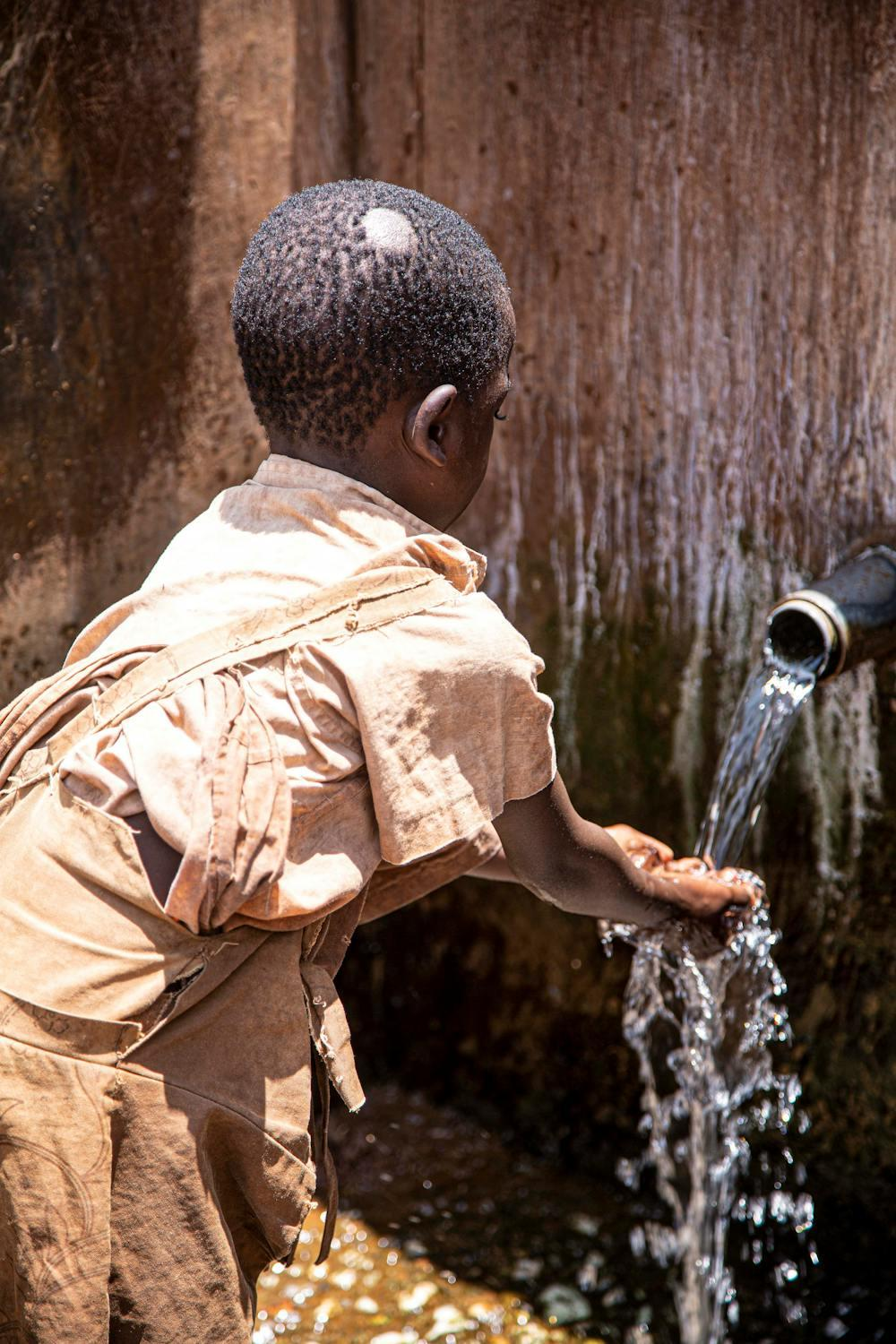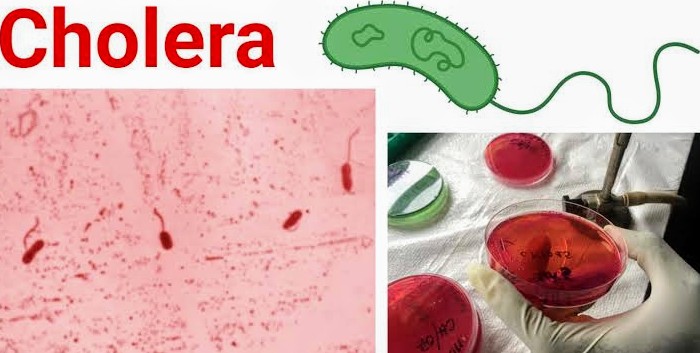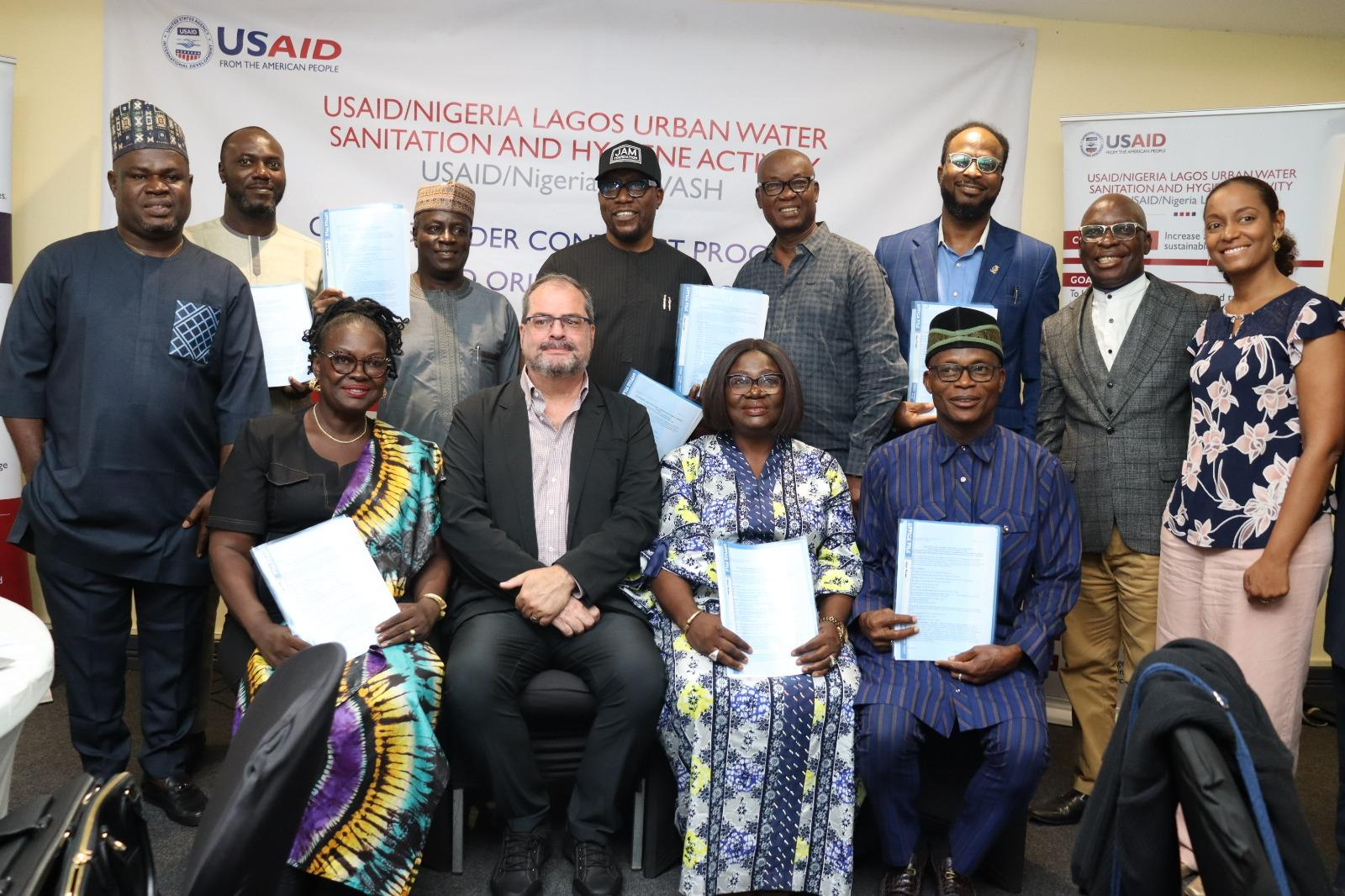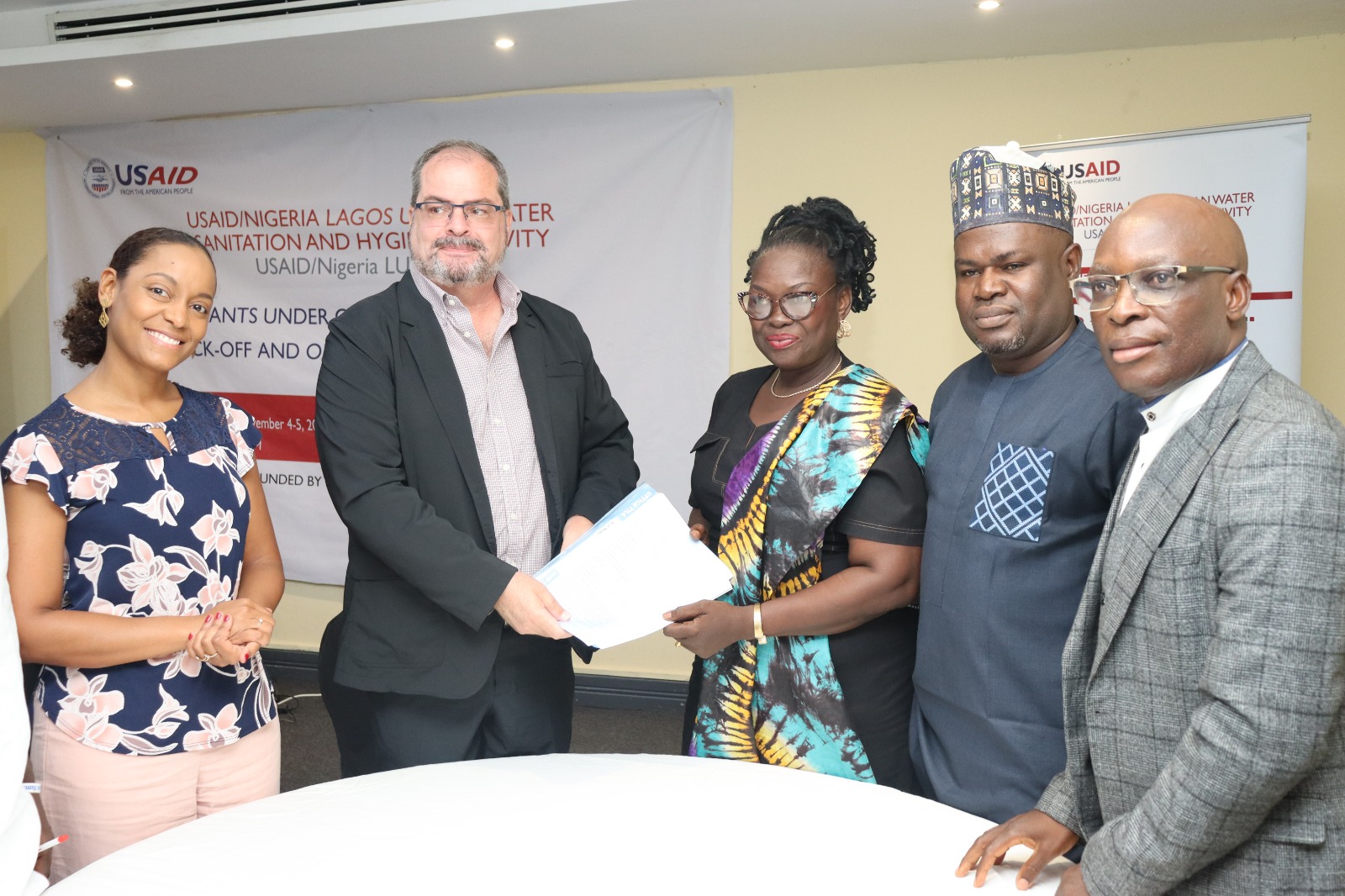Groundbreaking Workshop on AI and Technology-Facilitated Gender-Based Violence at AWiM24
Trending
Friday May 30, 2025
Trending

Photo credit – Safari Consoler
Cholera is an acute diarrhoeal infection caused by ingestion of water or water contaminated with the bacterium Vibrio Cholerae and it can kill within hours if left untreated. Cholera remains a global public health threat, causing between 1.3 million to 4.0 million cases, and 21,000 and 143,000 deaths worldwide every year.
The disease can spread very fast in places with poor hygienic practices and often increases during the rainy season.
Over the years, African Countries have reported 3,221,050 suspected cholera cases to the World Health Organization, representing 46 % of all cases reported globally. Excluding the Haitian epidemic, sub-Saharan Africa accounted for 86 % of reported cases and 99 % of deaths worldwide in 2011 with Angola, Democratic Republic of the Congo, Mozambique, Nigeria, Tanzania and South Africa with half of all the cases.

Photo Credit: Forefront ng
Most of these African countries are suffering from recurring cholera outbreaks due to a lack of access to safe drinking water, illiteracy, lack of infrastructure for water supply and waste disposal and several other causes.
Nigeria for example has been battling recurring cholera outbreaks and From the 1st of January to the 11th of June 2024, a total of 1,141 suspected and 65 confirmed cases of cholera with 30 deaths have been reported from 96 LGAs in 30 States in the country as reported by NCDC.

Photo Credit: Nigeria Centre for Disease Control and Prevention(NCDC) website
The 2024 outbreak of air and water-borne disease is one of the reasons The USAID/Nigeria Lagos Urban, Water, Sanitation and Hygiene ( LUWASH) are supporting 8 local organizations through grants in propagating Lagos state government’s effort to reduce cholera transmission and promoting behavioral change to prevent future outbreaks.

L-R: LUWASH Grants Manager, Ovie Anigboro; other grantees, on the right is LUWASH Compliance Director, Patricia Dyer-Thomas; during grant signing ceremony at the LUWASH Grant Kick-off and Orientation Workshop, Lagos Nigeria
Some of the community-led projects would be handled by the JAM Foundation, Equitable Health Access Initiative, South Saharan Social Development Organization, Humanity Family for Peace and Development (HUFFPED), Women’s Right to Education Programme( WREP), Bread of Life Development Foundation, Society for Water and Sanitation and Chamagne Foundation.
Tackling Cholera Outbreak through ‘Wole Wole’
Speaking with African Women in the Media Dr. Babatope Babanubi, the Executive Director of Bread of Life Development Foundation said “With support from USAID, we are launching a 12-month program called Wole Wole in Action against Cholera, targeting the local government in Lagos State.
The objective is to enhance the technical capacity of Wole Wole( environmental health officers) to effectively enforce sanitation standards, promote safe hygiene practices, and conduct community sanitization. Historically, these officers were vital for community health, but over time their ability to perform these duties has diminished due to various inadequacies, including lack of logistics and support.”
He added that the program aims to revitalize the role of Wole Wole by providing training and resources while engaging with 1,100 households and 550 food and drink vendors, educating them on safe practices and inspecting their premises to ensure hygiene standards and also collaborating with community development associations to raise awareness.
He also said that their goal is to reduce cholera outbreaks by strengthening the capacity of environmental health officers. They will conduct inspections across public places, educate the community, enforce sanitation laws, and help prevent cholera—a disease that should not be a concern in 2024. By reinforcing these standards locally, we can pave the way for similar initiatives in other areas.

L-R: LUWASH Compliance Director, Patricia Dyer-Thomas; LUWASH Chief of Party, James Racicot; Executive Director Chamangne Foundation, Abimbola Ojosipe; LUWASH Grants Manager, Ovie Anigboro; and LUWASH Deputy Chief of Party, Soni Elisha John during grant signing ceremony at the LUWASH Grant Kick-off and Orientation Workshop, Lagos Nigeria
Another community-led program supervised by Mr Adenigba Henry Oluwarotimi, the coordinator of the Society for Water and Sanitation, Lagos chapter said
“Our project is community-oriented and we are implementing it in Isale Eko where cholera happened to be very high during the recent outbreak in Nigeria. The project involves using the locals to implement on their own and we will give a lot of skills and capacity building intervention and also include some games which will be internalized by the community to lead them to know exactly what HBC which is Hygiene Behavior Communication mean and how to change their hygiene behaviour to take cholera out of Lagos.”
He also highlighted that one activity they are doing is community-led total sanitation which is putting up a lot on ODF that is Open Defecation-Free Intervention and HBC which will change their behaviour from what it used to be to a new and standardized behaviour which will help the community.
LUWASH Chief of Party, James Racicot, highlights the importance of the initiative as he addresses the collaborators . “LUWASH is committed to reducing cholera transmission, morbidity, and mortality rates across Lagos,” he stated. “These grants are designed to support targeted projects that can prevent outbreaks, improve hygiene practices, and establish sustainable WASH practices in vulnerable communities.”
Since the beginning of the USAID/Nigeria Lagos Urban Water, Sanitation, and Hygiene Activity (LUWASH) five-year program, they have continued to seek expansion and improvement of urban WASH service delivery and infrastructure in Nigeria. These community-led projects will unquestionably help promote the initiative’s goals and objectives.
We’re not gonna spam. We’ll try at least.

Copyright 2020. African Women In Media
Copyright 2020. African Women In Media
Recent Comments